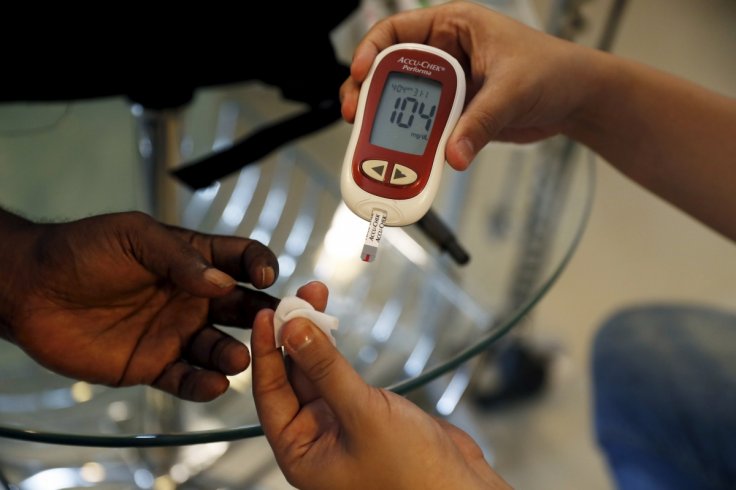Diabetes is reported in coronavirus infected patients who were previously healthy raising the concerns of experts. A letter by an international group of 17 leading diabetes experts published in the New England Journal of Medicine on Friday, said that it was still unclear how exactly the coronavirus impacts diabetes.
Research shows that the ACE-2 protein which binds to SARS-CoV-2 (novel coronavirus) allowing the pathogen to attack human cells, is located in many organs and tissues involved in glucose metabolism in addition to lungs such as the pancreas, small intestine, fat tissues, liver, and kidney.
Virus Disrupts Glucose Metabolism

Scientists say the novel coronavirus enters such tissues, triggering multiple and complex dysfunctions of glucose metabolism causing diabetes. It is already known that viral infections can cause type 1 diabetes. A Global Registry of new cases of diabetes of COVID-19 patients called the CoviDiab Registry project has also been established recently.
Francesco Rubino, Professor of Metabolic Surgery at King's College London and co-lead investigator of the CoviDiab Registry project said that it was an obvious possibility, "they discover they have diabetes because they present in a hospital and they get checked and also because the infection actually raises their sugars even more," he told The Telegraph.
Diabetes Found More Among Coronavirus Patients

He also said that the number of coronavirus patients diagnosed with diabetes was higher than expected from unknown diabetes identified on general admission to a hospital. Prof. Rubino suggests that some of those patients who developed diabetes had a predisposition for the condition and additional damage in metabolism caused by the virus.
He further said, even with patients with no particular dysfunctions, the coronavirus could be efficient enough in generating diabetes by itself. However, scientists are still in the course of trying to understand this situation.
New Form Of Diabetes?
Emerging evidence suggests that COVID-19 causes severe complications for patients with pre-existing diabetic conditions. Diabetes is proved to show an increased risk of coronavirus severity and mortality. Almost 30 percent of patients who died from the coronavirus have been reported to have diabetes.
Diabetes is the most prevalent chronic disease among others. The exact mechanism by which SARS-CoV-2 influences glucose metabolism is not clear. "We don't know whether the acute manifestation of diabetes in these patients represent classic type 1, type 2 or possibly a new form of diabetes,"Prof. Rubino said.









